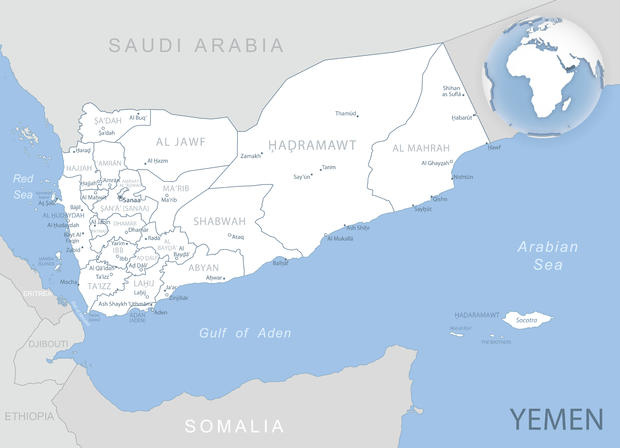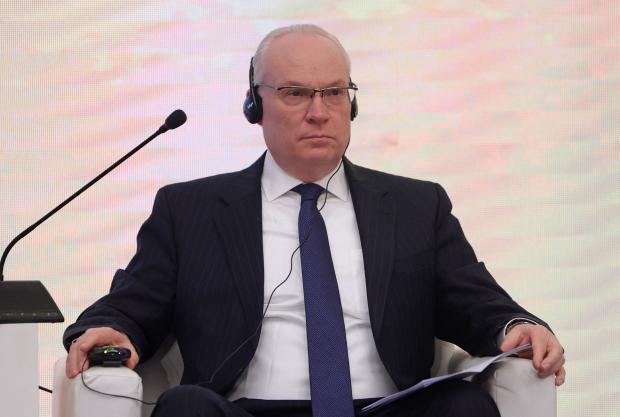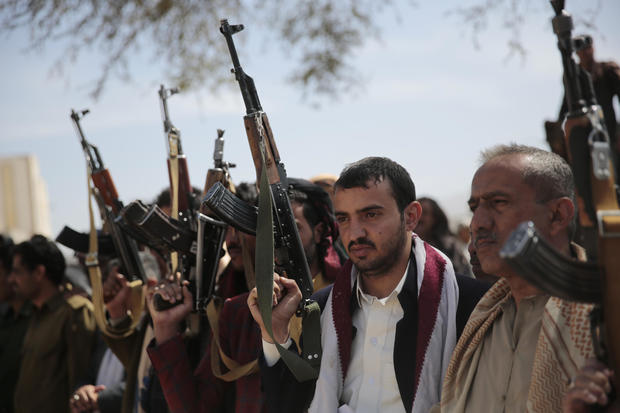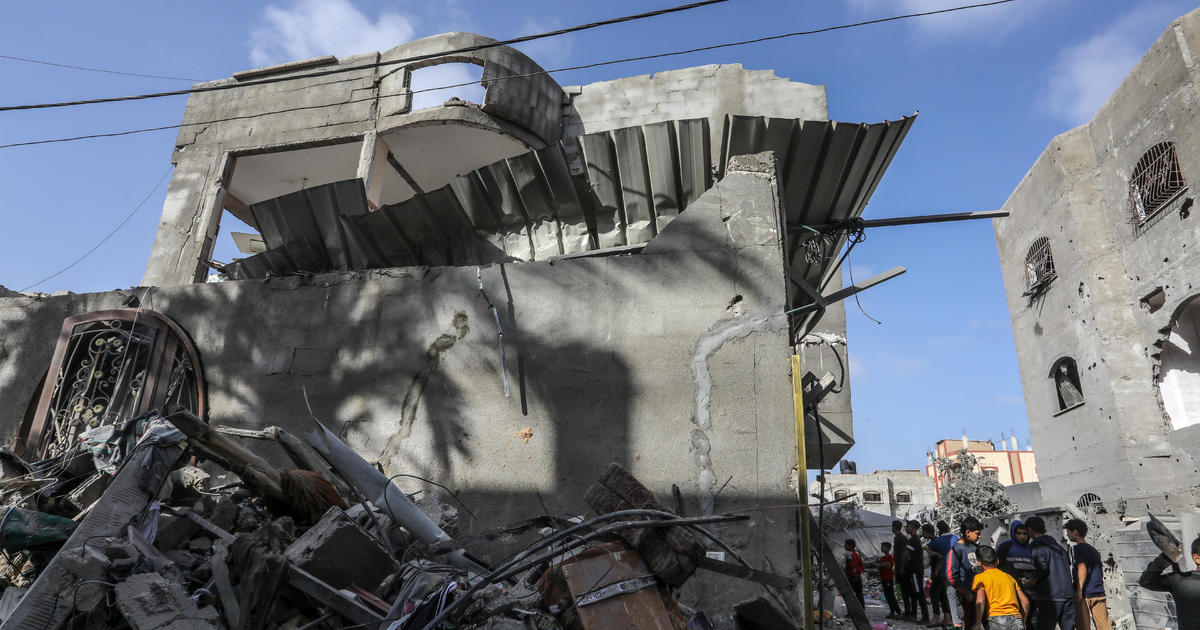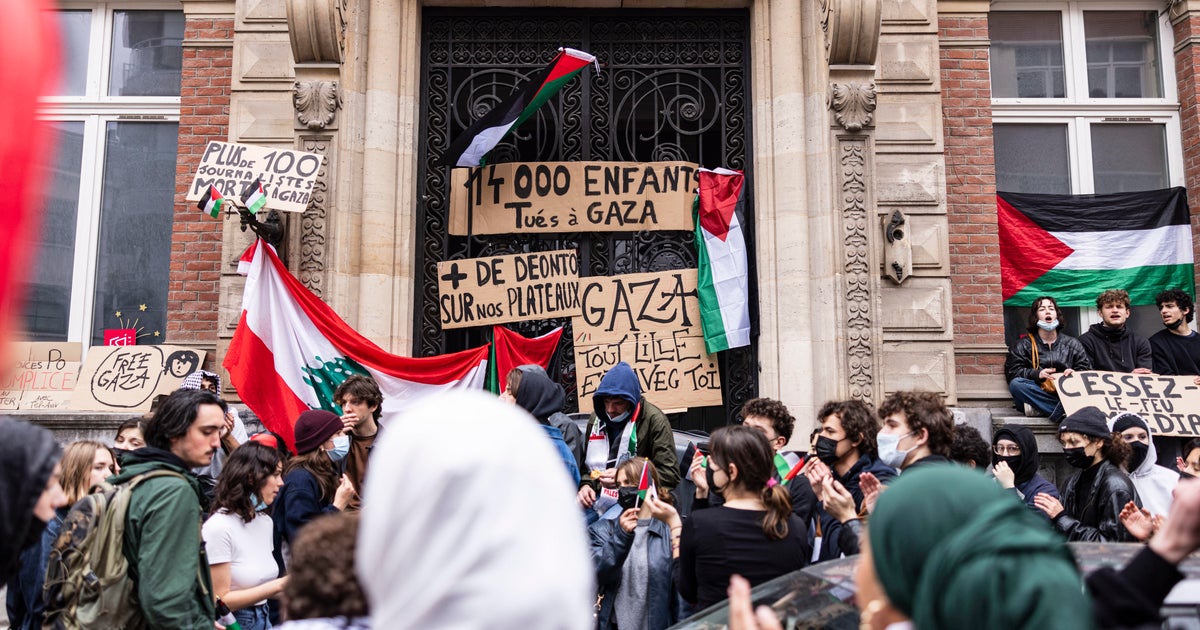Yemen's Houthi rebels vow "return to military operations" as U.S. laments failure of ceasefire talks
The American diplomat tasked with helping to end the grinding civil war in Yemen — which has claimed close to 400,000 lives and left the majority of the country's people dependent on humanitarian aid for survival — lamented on Wednesday the end of a six-month ceasefire without a truce agreement to replace it. U.S. Special Envoy for Yemen Tim Lenderking told reporters on a State Department telephone briefing that he feared the failure to reach a new peace agreement would bring a "return to war."
Lenderking said that if the fighting between Yemen's Saudi Arabian-backed central government and the Iranian-backed Houthi rebels, who hold a huge swath of the Arabian nation, does resume, it will "bring nothing but casualties and destruction on Yemen and will create further confusion as to where this conflict is headed."
The Houthis, whom Lenderking blamed for the failure of the negotiations, made it clear to CBS News that the fighting was indeed likely to resume, as they warned of an imminent "return to military operations."
The veteran American diplomat spoke soon after representatives from Yemen's government and the Houthis failed to strike a deal to extend the six-month nationwide ceasefire that was brokered by the United Nations. He blamed the Houthi rebels, accusing them of "imposing maximalist and impossible demands that the parties simply could not reach."
The truce had brought relative peace to Yemen after years of vicious fighting in the civil war that erupted in 2015. As of the end of 2021, the conflict had left more than 377,000 people dead, according to the U.N.
About two thirds of those people have died not from actual warfare, the U.N. says, but as a result of the dire humanitarian crisis inflicted upon the impoverished nation by the conflict — "indirect causes such as lack of food, health services, and infrastructure."
The war has left 73% of Yemen's population of 30 million entirely dependent on humanitarian aid.
Lenderking said "key elements of the truce" were still holding, but there were reports of "low level" violence re-emerging around the country.
"Fuel ships continue to offload into Hodeidah port," the U.S. diplomat noted, referring to a key logistics hub held by the Houthis that Saudi-led forces had blockaded for months, preventing essential goods from entering the country. "There will be more continuity in civilian, commercial flights from Sanaa airport. These particular elements of the truce have been extremely effective and have delivered tangible results to the Yemeni people over the last six months."
Lenderking indicated that one of the key sticking points in the failed negotiations over extending the ceasefire was getting Yemeni state employees paid. Many haven't received a salary in years.
"This has been a core demand of both parties, to have the ability to pay Yemeni civil servants who have not been paid for many years: teachers, nurses, civil servants," said Lenderking.
The Houthi negotiating team has demanded that police, military and other security personnel get their back-pay first.
"I think if we see more flexibility from the Houthi side going forward, then this opens the road, I think, to this much better peace option," Lenderking said. He is expected to return to the region as soon as next week to keep the negotiations going.
"We want to see that those channels remain open," he said Wednesday. "They can create a path to durable peace. This is why I will return to the region in the very near future to continue this very energetic U.S. engagement to complement the efforts of the U.N. envoy."
Lenderking's hopes for greater flexibility by the Iranian-backed rebels were dealt an 11th-hour blow in the most recent negotiations: Just hours before the truce expired on Sunday, Houthi military spokesperson Yahya Saree took to Twitter to threaten private oil companies still working in the country. He warned them to leave Yemen or their facilities would be seized.
"The fossil fuels belong to the people of Yemen and could be used to pay public servants' salaries," Saree tweeted.
"This is not an impossible demand," Nasreddine Amer, another spokesperson for the Houthis, who heads the group's media center, told CBS News. "We only demand a true right of the Yemeni people… Those employees have children, wives and families that they support from those salaries that were stopped. When we demand such payments, isn't that a humanitarian request?"
Amer blamed the failed effort to extend the ceasefire largely on the U.S. government, as the Houthis have done regularly. He accused Washington of backing the "stubborn" stance taken by the Saudi-led coalition.
"They did not adhere to the terms of the truce. So as the truce ended and they are still stubborn, I expect a return to military operations," he said. "This is not an analysis but an official declaration by our armed forces."
